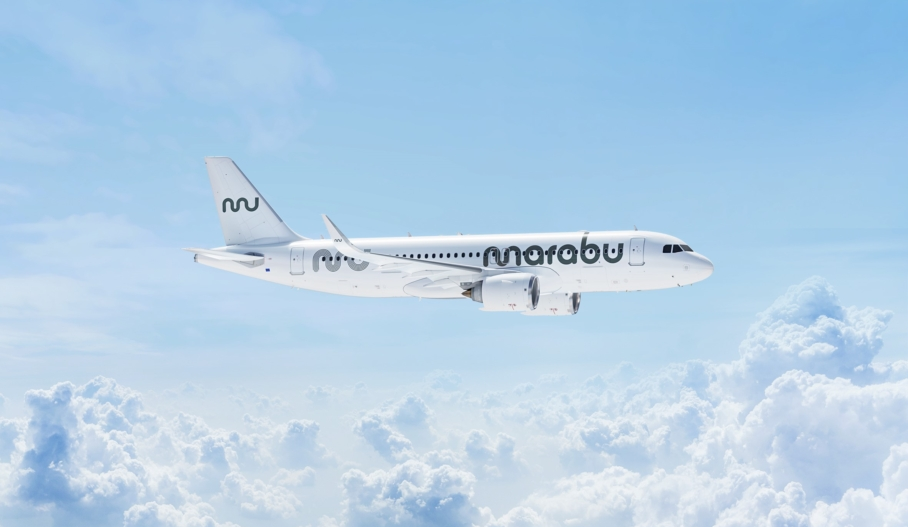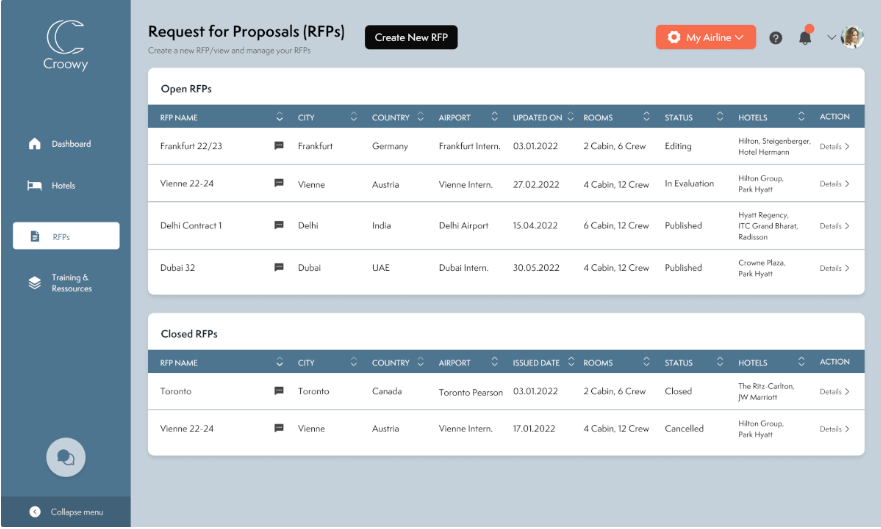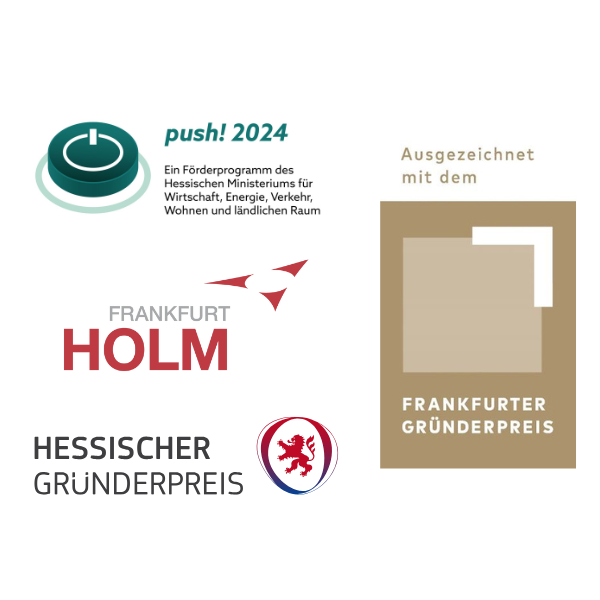There are several challenges that airlines may face as they work towards sustainability goals:
- Carbon emissions: One of the main challenges for airlines is reducing their carbon emissions. The aviation industry is a significant contributor to climate change, and achieving sustainability goals will require significant reductions in greenhouse gas emissions.
- Fuel efficiency: Improving fuel efficiency is another major challenge for airlines. Airplanes are already some of the most fuel-efficient vehicles per passenger mile, but there is still room for improvement. Airlines will need to invest in new technologies and operational practices to further increase fuel efficiency.
- Alternative fuels: Developing and implementing alternative fuels is also a challenge. While some progress has been made in this area, there are still significant barriers to the widespread adoption of alternative fuels in the aviation industry.
- Infrastructure: Updating infrastructure to support sustainable practices and technologies can also be a challenge. This includes everything from building new terminal buildings to installing charging stations for electric ground support equipment.
- Public perception: Another challenge is changing the public’s perception of air travel as a sustainable form of transportation. This may require significant investments in marketing and public outreach efforts.
- Cost: Making these changes can be expensive, and finding ways to finance these investments will be a challenge for many airlines.
In addition to the challenges listed above, there are several additional challenges that airlines may face as they work towards sustainability goals and carbon offset:
- Carbon offset pricing: Determining the cost of carbon offset projects can be challenging. There are various methods for calculating the cost of carbon offsets, and prices can vary significantly depending on the type and location of the project.
- Carbon offset quality: Ensuring the quality and integrity of carbon offset projects is also a challenge. There have been cases of fraud and poor quality projects in the carbon offset market, which can undermine the effectiveness of carbon offset efforts.
- Carbon offset demand: There may also be challenges in finding enough high-quality carbon offset projects to meet the demand from airlines. This could lead to a shortage of offsets, which could drive up prices and make it more difficult for airlines to meet their sustainability goals.
- Carbon offset regulations: Navigating the regulatory landscape for carbon offset projects can also be challenging. Different countries and regions have different rules and requirements for carbon offset projects, which can make it difficult for airlines to find and participate in appropriate offset projects.
- Carbon offset transparency: Ensuring transparency and accountability in carbon offset projects is important, but it can also be a challenge. Airlines will need to carefully track and verify their offset projects to ensure that they are meeting their sustainability goals.
Here are a few ways that hotels can support airlines with carbon offset:
- Offset guests’ travel: Hotels can work with airlines to offset the carbon emissions from guests’ travel. This can be done through the purchase of carbon offsets, which can be used to fund projects that reduce or remove greenhouse gases from the atmosphere.
- Offer green accommodations: Hotels want support airlines by offering environmentally-friendly accommodations. This can include energy-efficient lighting and appliances, low-flow plumbing fixtures, and recycling programs.
- Promote sustainable transportation options: Hotels may support airlines by promoting sustainable transportation options for guests, such as public transit or electric vehicles.
- Partner with airlines on sustainability initiatives: Hotels can also partner with airlines on sustainability initiatives, such as carbon offset projects or initiatives to reduce waste and water usage.
With Croowy, GBTA & SHA (Global Business Travel Association/ Sustainable Hotel Association), hotels can support airlines by participating in the assessment and working to meet the sustainability standards outlined in the program. This helps to ensure that hotels are operating in an environmentally-friendly manner and are supporting the sustainability efforts of airlines.







